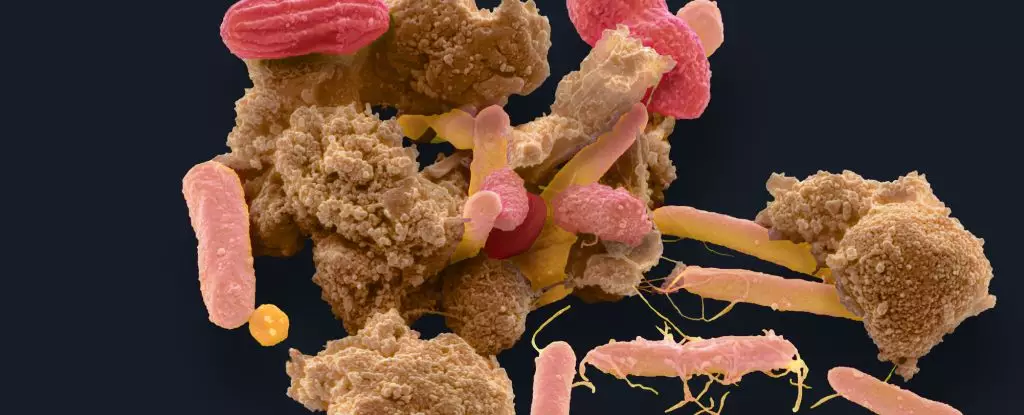Our health is deeply intertwined with the microbial world within us, the gut microbiome, which hosts trillions of microbes that play a crucial role in maintaining our well-being. This intricate balance, termed eubiosis, is essential for normal digestion and bolstering our immune system. However, this harmony can be easily disrupted by antibiotics, poor diet, or infections, leading to a wide spectrum of health maladies, from mere digestive discomfort to severe diseases like Crohn’s disease and various neurological disorders.
The realization that our gut is its own ecosystem has opened the door to innovative treatments, including the controversial method of faecal microbiota transplantation (FMT), often playfully referred to as “crapsules.” By transferring stool from a healthy donor, scientists aim to restore and even enhance microbial diversity in a patient’s gut. Although this field of treatment is burgeoning, the potential dangers lurking in the shadows of such procedures have recently come under scrutiny.
The Mismatch Dilemma: When Good Microbes Go Bad
Recent research published in the esteemed journal Cell has brought forth a significant caveat regarding FMT. This study underscores the complexities of microbial transplantation, revealing that a mismatch between the donor’s microorganisms and the recipient’s gut environment can trigger adverse effects. Here, “mismatch” refers to the disarray reminiscent of organ transplants, where the recipient’s body turns against the foreign tissue. In a gut context, this mismatch can result in beneficial microbes inadvertently causing havoc instead of restoring health.
By conducting experiments on mice, researchers witnessed how inconsistent microbial populations did not adhere properly to the digestive terrain, leading to disrupted energetic balance and, alarmingly, significant alterations to gene expression related to metabolism and immunity. The implications of these findings are particularmente staggering—while the intention was to restore gut health, the reality could be a delayed onset of metabolic disorders and immune system dysfunctions.
Rethinking Faecal Transplants: A Call for Caution
The emerging insights from this research serve as a clarion call for healthcare providers to approach FMT with heightened caution. There must be an emphasis on precise donor-recipient matching, meticulous timing, and a thorough understanding of potential side-effects. While the field of microbiota transplantation holds promise, we must not turn a blind eye to the inherent risks. This goes beyond just medical ethics; it is about ensuring that we do not expose patients to potentially permanent detriments in the quest for gut health.
On the fringes of this dialogue lies an innovative method known as the “omni microbial approach,” which aims to harness the full array of microbes from across the intestines rather than just the colon. This sweeping tactic could sidestep the local mismatches that often hinder standard FMT, creating a more harmonious gut landscape.
The Future of Gut Health: Terraforming the Microbiome
Moreover, as researchers explore the fascinating concept of “terraforming” the gut, we may find future treatments that allow us to selectively engineer microbial populations in specific gut regions. This technical prowess could usher in a new age of precision medicine, specifically tailored to restore gut function without the unpredictable side effects associated with traditional methods.
Nevertheless, while the potential for microbiota-based therapies could revolutionize our approach to health and disease management, we must tread cautiously. This isn’t merely a scientific endeavor—it’s a moral one as well. As we stand at the crossroads of innovation and potential peril, the imperative is clear: we must commit to thorough research before recklessly unleashing these therapies on vulnerable populations.
The road ahead is paved with both promise and peril. As we embrace the brave new world of gut health, we must carry with us the responsibility of ensuring safety and efficacy. The gut microbiome might yet reveal its secrets, but let’s proceed with the utmost care; after all, in the world of microbes, one mismatch could mean a world of difference.


Leave a Reply